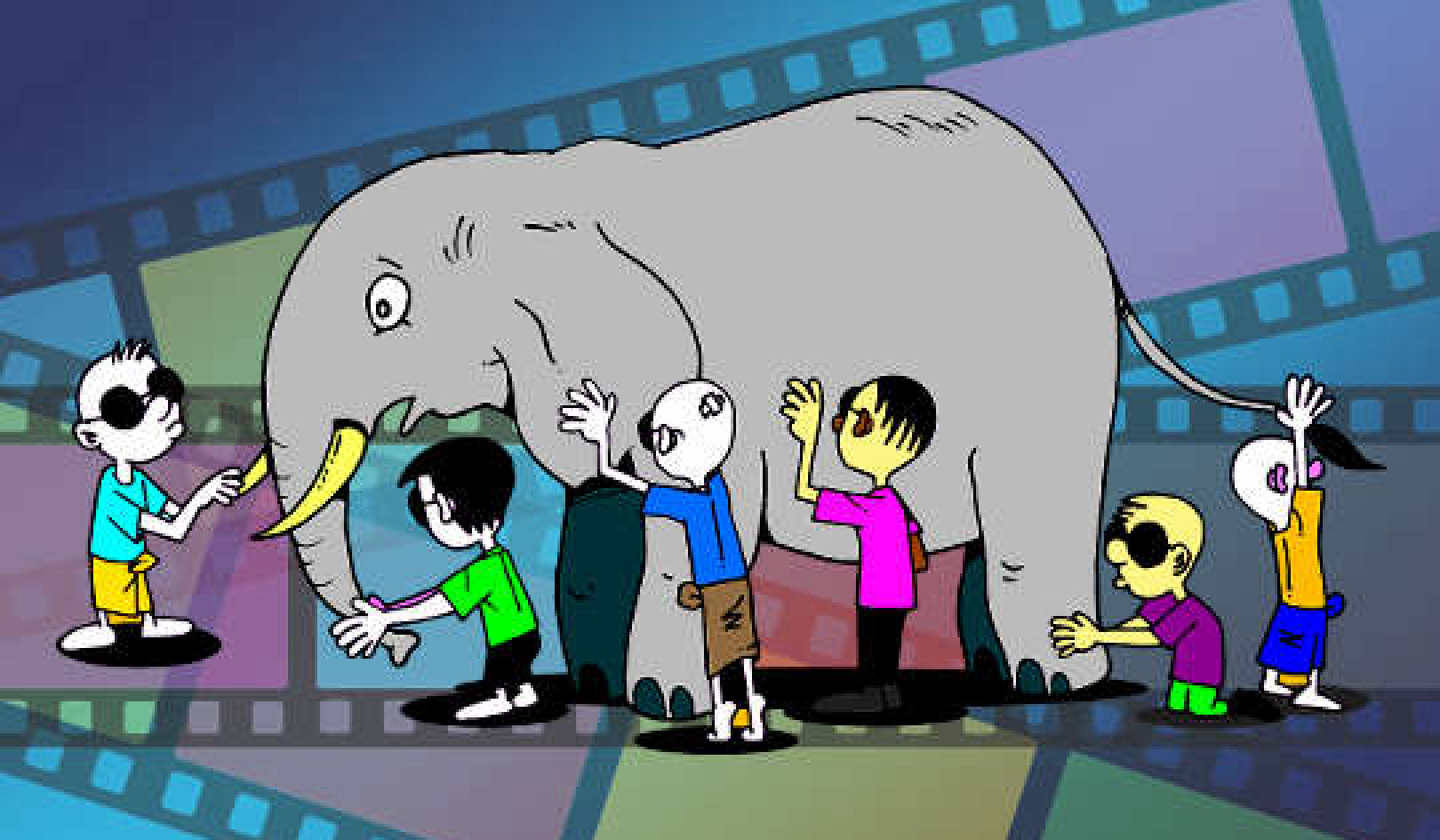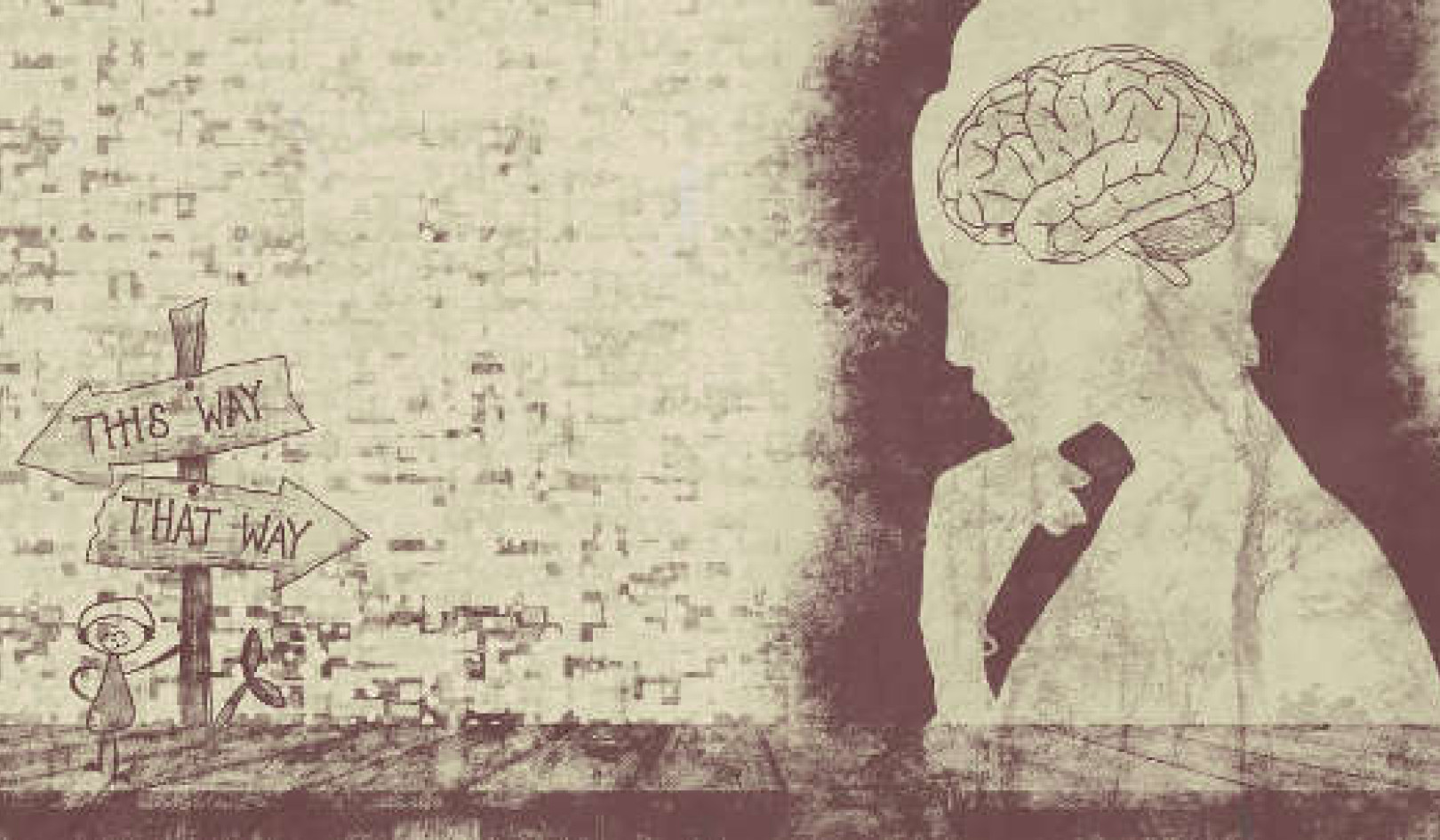
A few years ago, there was considerable anxiety in some quarters about “political correctness,” particularly at universities. Now it’s known as wokeness, and even though the terminology has changed, the concerns are much the same.
Some years ago, I offered an analysis of political correctness that equally pertains to wokeness today. What interests me are ways to think about and discuss political correctness/wokeness so as to avoid polarizing polemics and increase mutual understanding.
The goal is to help us all envision and create a more just and peaceful society by talking with each other rather than talking past each other.
‘Woke interventions’
Typically, “wokeness” and “woke ideology” are terms of abuse, used against a variety of practices that, despite their diversity, have a similar character. Often, what is dismissed as “woke” is a new practice that is recommended, requested, enacted or enforced as a replacement for an old one.
These practices range from changing the names of streets, institutions and buildings to determining who reads to pre-school children in libraries and altering the words we use in polite conversation.
When a practice is identified as “woke,” there is an implication that the non-woke practice is better or at least equally good. Thus the dismissal of something as “woke” is an endorsement of some alternative.
If we stop there, all we will see is a power struggle between progressive and conservative values. To dig deeper, I am going to share a particular case of calling out, or language policing, as an example of wokeness.
This incident happened to a Jewish friend of mine when we were students. She was directing a play about the Holocaust and, during auditions, a young woman casually used the word “Jew” to mean "cheat". When my friend challenged this, the young woman asserted that it wasn’t offensive; it was just the way people from her town talked.
In the wrong
I use this example because I think it’s clear this young woman was in the wrong. My friend wasn’t being overly sensitive and was right to call her out.
But this example is also useful because it’s fairly typical of cases where someone attempts a “woke intervention” and it’s rejected — someone follows a practice that is common in their community, a “woke” intervenor calls it out, and the person responds not with an apology or even a question, but with outright dismissal.
Often, such responses come with an explicit criticism that the “woke” intervenor is over-sensitive, irrational or controlling. Sometimes, the original speaker claims victimization at being targeted, ironically displaying the hypersensitivity often attributed to people described as woke.
Three claims
In thinking about this and similar situations, it strikes me that woke interventions tend to share the same kinds of motivations. They boil down to the following three claims about the targeted practice that justify the woke intervention:
-
The practice is offensive to the members of a group to which it pertains;
-
The practice implies something that is false about this group and reflects and reinforces this inaccuracy;
-
The practice implicitly endorses or maintains unjust or otherwise pernicious attitudes about the group that facilitate discrimination and various other harms against them.
So, in my friend’s case, she was right to call out this young woman, who had insulted her to her face and implied something about the Jewish community that is not only false but dangerously and perniciously antisemitic.
Now, in any particular instance, it is an open question whether, in fact, a specific term or practice is offensive, inaccurate or facilitates discrimination. This is where the difficult work starts.
Real effort is required to learn to see injustices that are embedded in our ordinary language and everyday practices.
Social psychological work on implicit biases suggests that good intentions and heartfelt commitments are not enough. It takes integrity and courage to critically examine our own behaviour and engage in honest conversations with people who claim we have hurt them.
However, once we recognize what’s at stake, to dismiss something as woke is a refusal to even consider the possibility that the targeted practice might be offensive, premised on false or inaccurate claims or discriminatory or harmful.
Defensiveness
Often such refusals are grounded in defensiveness and embarrassment. I suspect many of us can recognize the young woman’s sense of shock, hurt and denial at being called out for her behaviour.
But for those who disagree with a woke intervention, the right response is not glib dismissal or bombastic accusations of “being cancelled.”
Rather — after a sincere attempt to understand the woke intervenor’s perspective and consider the relevant facts — the right response is a respectful, tempered explanation of why they believe their remarks or actions were neither premised on false claims nor discriminatory. An apology may be in order. After all, at the very least, one has inadvertently insulted someone.
If my analysis is correct, we can now see why the knee-jerk dismissal of something as “woke” is so nasty; it amounts to a self-righteous choice not only to insult or denigrate others but to protect one’s ignorance and support injustice.
Unless we learn to talk with each other rather than past each other, it’s difficult to see how we can ever achieve peace on Earth or truly show our good will to each other.![]()
Letitia Meynell, Professor of Philosophy, Dalhousie University
This article is republished from The Conversation under a Creative Commons license. Read the original article.

Books Improving Attitude and Behavior from Amazon's Best Sellers list
"Atomic Habits: An Easy & Proven Way to Build Good Habits & Break Bad Ones"
by James Clear
In this book, James Clear presents a comprehensive guide to building good habits and breaking bad ones. The book includes practical advice and strategies for creating lasting behavior change, based on the latest research in psychology and neuroscience.
Click for more info or to order
"Unf*ck Your Brain: Using Science to Get Over Anxiety, Depression, Anger, Freak-Outs, and Triggers"
by Faith G. Harper, PhD, LPC-S, ACS, ACN
In this book, Dr. Faith Harper offers a guide to understanding and managing common emotional and behavioral issues, including anxiety, depression, and anger. The book includes information on the science behind these issues, as well as practical advice and exercises for coping and healing.
Click for more info or to order
"The Power of Habit: Why We Do What We Do in Life and Business"
by Charles Duhigg
In this book, Charles Duhigg explores the science of habit formation and how habits impact our lives, both personally and professionally. The book includes stories of individuals and organizations who have successfully changed their habits, as well as practical advice for creating lasting behavior change.
Click for more info or to order
"Tiny Habits: The Small Changes That Change Everything"
by BJ Fogg
In this book, BJ Fogg presents a guide to creating lasting behavior change through small, incremental habits. The book includes practical advice and strategies for identifying and implementing tiny habits that can lead to big changes over time.
Click for more info or to order
"The 5 AM Club: Own Your Morning, Elevate Your Life"
by Robin Sharma
In this book, Robin Sharma presents a guide to maximizing your productivity and potential by starting your day early. The book includes practical advice and strategies for creating a morning routine that supports your goals and values, as well as inspiring stories of individuals who have transformed their lives through early rising.






















